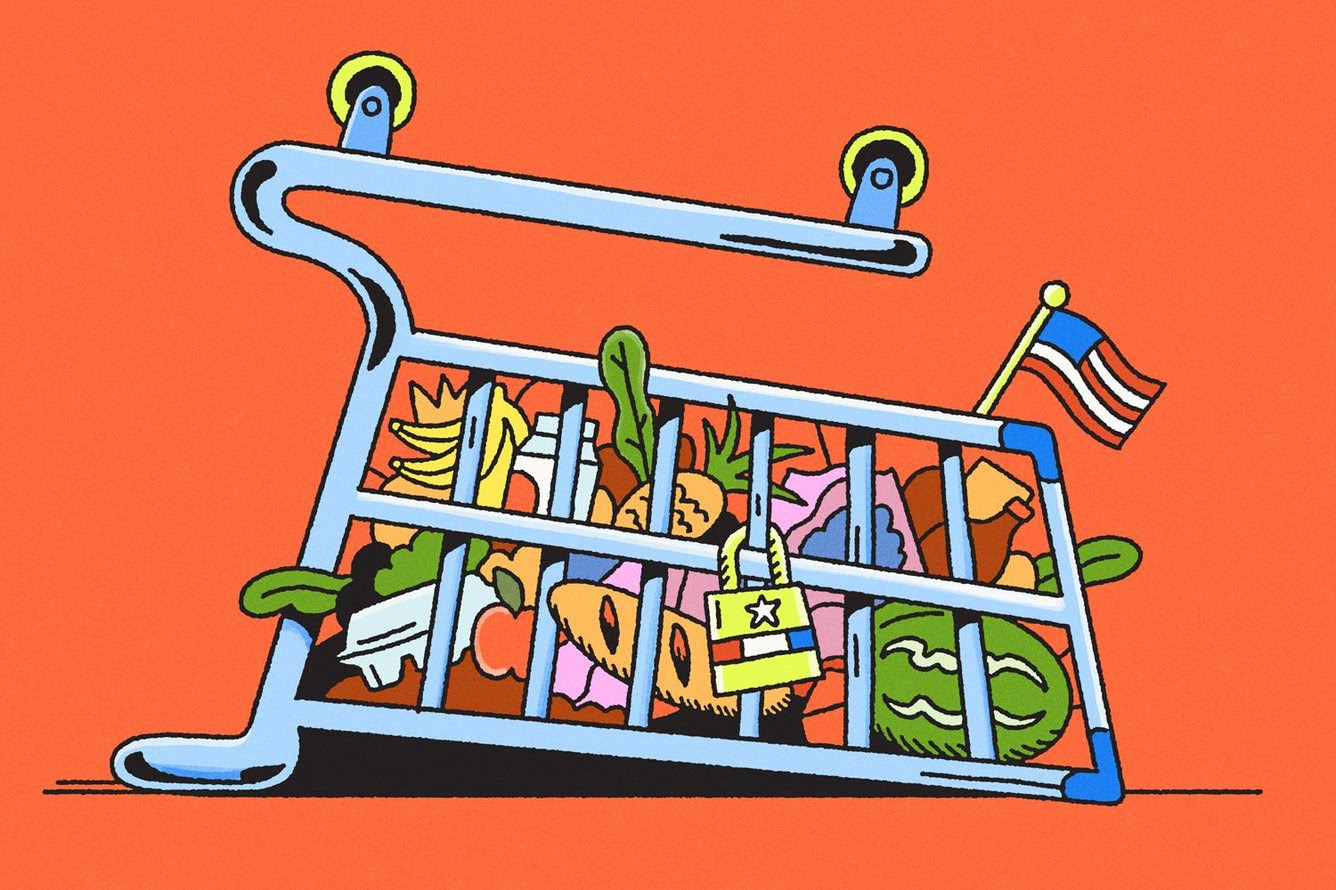As the government shutdown turns 28 days old, its impact is quickly spreading beyond the rising number of federal employees missing paychecks.
While the Trump administration previously moved money around to fund some federal programs until the end of the month, it recently said the SNAP food assistance relied on by over 40 million people won’t be funded starting on Nov. 1—which has never happened during a shutdown before. Some states plan to fund SNAP from their own coffers, but others warned residents to prepare for a lapse in benefits and advised them to turn to food banks.
Also on Nov. 1:
- Funding for some early childhood education and nutrition services that are part of the Head Start program is due to dry up, which could affect 59,000+ children nationwide.
- Subsidies for commercial flights to rural areas might be cut off, forcing airlines to increase ticket prices.
- Many Americans will face higher health insurance premiums due to the lapse of Obama-era healthcare subsidies axed in the Republican budget earlier this year—which, in large part, prompted the shutdown, as Democrats refused to pass government funding without extending them.
Not fired, but unpaid
Over 1.4 million federal workers are either furloughed or working without pay, with many due to miss their first paycheck of the shutdown this week, according to the Bipartisan Policy Institute.
Many of Uncle Sam’s employees are picking up side gigs, like caring for pets and driving for ride-hailing apps, to carry themselves over, according to the Wall Street Journal.
Meanwhile, air traffic controllers—who are required to work without pay—have been calling out sick, leading to understaffed airport towers and skyrocketing flight delays.
Pressure is mounting: The largest federal worker union, which represents more than 800,000 members, called on lawmakers to put aside partisanship and pass a government funding bill that would get the direct deposits flowing again.—SK
